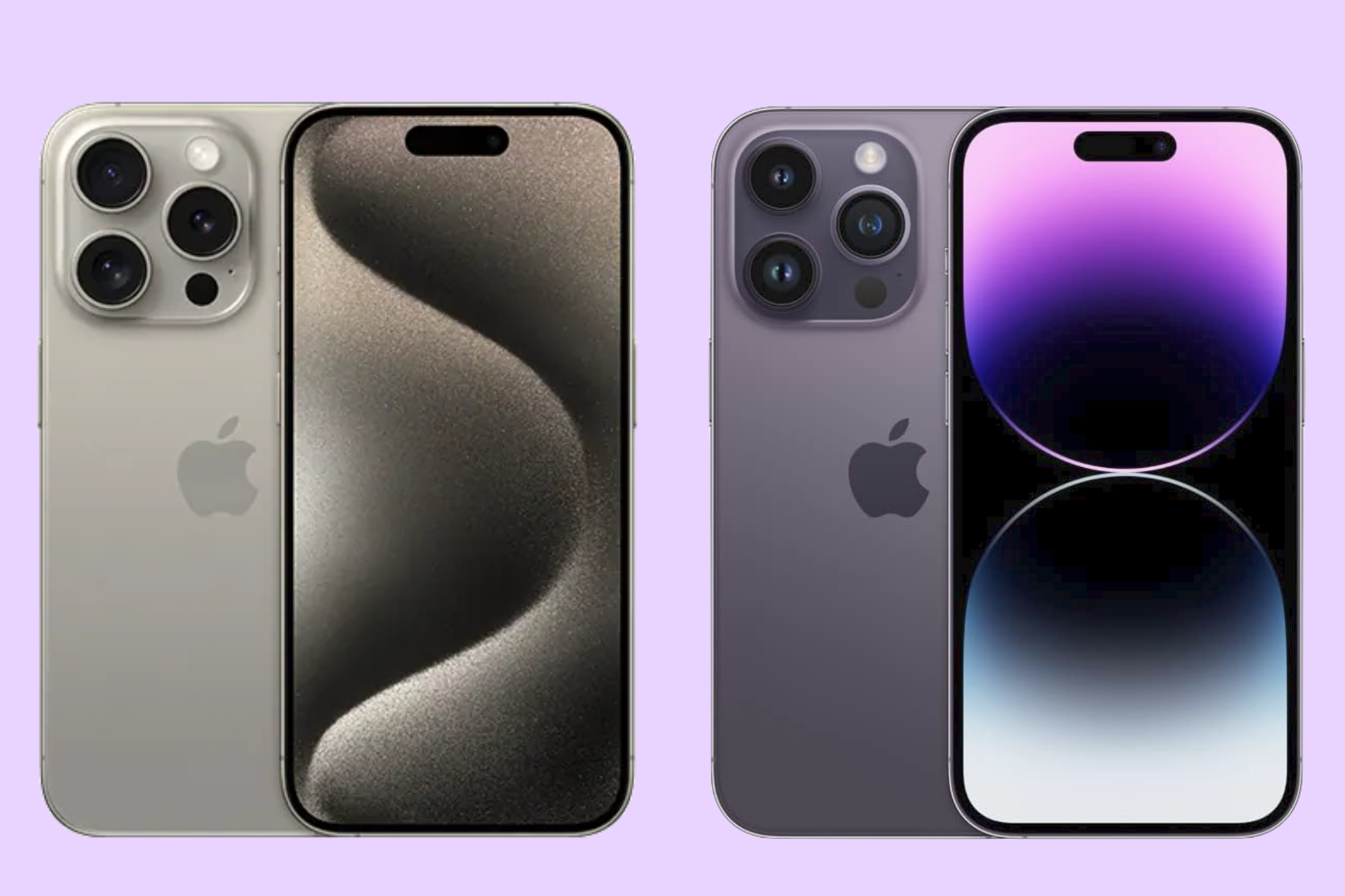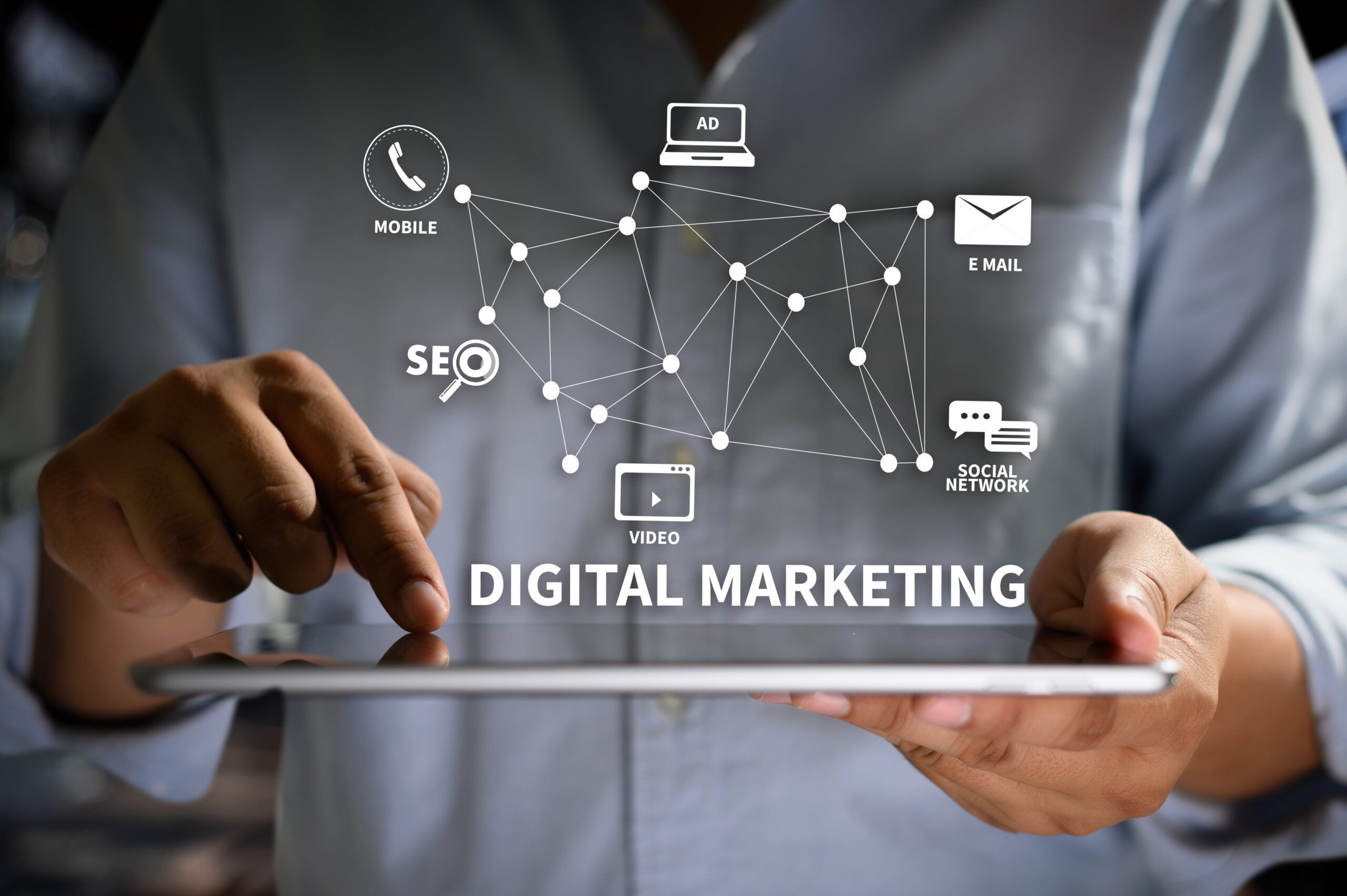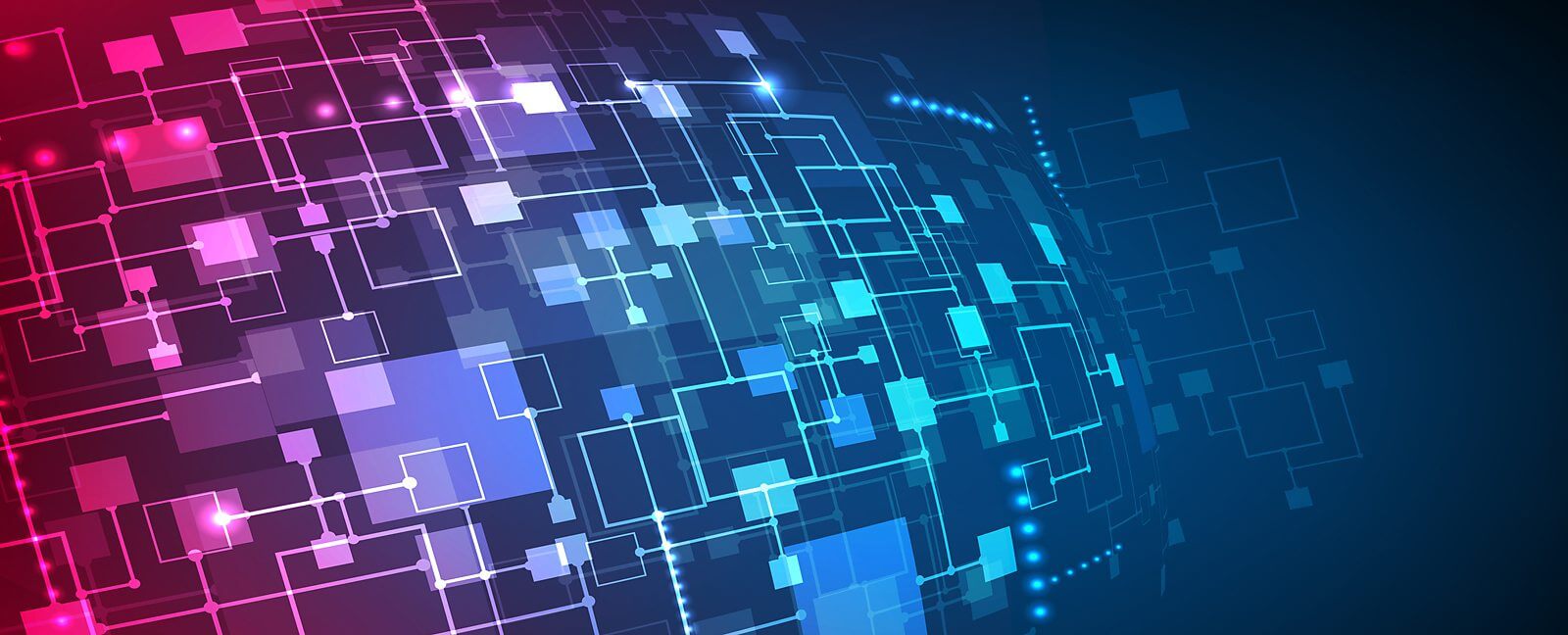Technology has always played a vital role in shaping our lives, making tasks easier, and opening up new possibilities. Over the years, we’ve seen incredible innovations that have changed the way we live, work, and connect. The future looks even more exciting, with groundbreaking technologies on the horizon that promise to transform our daily lives in ways we can hardly imagine. In this post, we’ll explore the top 10 tech innovations that will significantly impact our everyday lives.
1. Artificial Intelligence (AI) and Machine Learning
What is it?
Artificial Intelligence (AI) refers to the ability of machines to mimic human intelligence. Machine Learning is a subset of AI that enables machines to learn from data and improve over time without being explicitly programmed.
How will it change our lives?
AI is already present in our lives through virtual assistants like Siri and Alexa, but its potential goes much further. In the future, AI could revolutionize industries such as healthcare, by helping doctors diagnose diseases more accurately, or in education, by providing personalized learning experiences. AI-powered devices could automate routine tasks, allowing us more time for creativity and leisure.
2. 5G Technology
What is it?
5G is the fifth generation of wireless communication technology, offering faster speeds, lower latency, and more reliable connections compared to 4G.
How will it change our lives?
With 5G, the internet will become faster and more responsive. This means better video streaming, seamless virtual and augmented reality experiences, and the ability to connect more devices to the internet at once. It will enable the growth of smart cities, autonomous vehicles, and advanced healthcare solutions, making our lives more efficient and connected.
3. Quantum Computing
What is it?
Quantum computing uses the principles of quantum mechanics to perform complex calculations at speeds unimaginable with traditional computers.
How will it change our lives?
While still in its early stages, quantum computing has the potential to solve problems that are currently impossible for classical computers. This could lead to breakthroughs in fields like cryptography, materials science, and medicine. For everyday life, it could mean faster data processing, improved cybersecurity, and advancements in AI.
4. Blockchain Technology
What is it?
Blockchain is a decentralized, digital ledger that records transactions across many computers so that the record cannot be altered retroactively.
How will it change our lives?
Beyond cryptocurrencies like Bitcoin, blockchain has many potential uses. It could make financial transactions more secure, transparent, and efficient. In healthcare, it could ensure the privacy and security of patient records. Blockchain could also enhance supply chain transparency, reducing fraud and ensuring product authenticity.
5. Augmented Reality (AR) and Virtual Reality (VR)
What is it?
Augmented Reality (AR) adds digital elements to the real world, while Virtual Reality (VR) creates an entirely immersive digital environment.
How will it change our lives?
AR and VR are no longer just for gaming. They have practical applications in education, healthcare, real estate, and retail. For example, AR can help doctors visualize complex surgeries, while VR can provide immersive learning experiences. In retail, customers could try on clothes or test furniture in their homes virtually before making a purchase.
6. Internet of Things (IoT)
What is it?
The Internet of Things (IoT) refers to a network of connected devices that communicate and share data.
How will it change our lives?
IoT devices are already part of our lives in the form of smart thermostats, lights, and home security systems. In the future, IoT will become even more integrated into our daily routines. Imagine your fridge ordering groceries when you’re low on milk or your car automatically choosing the best route based on real-time traffic data. IoT will make our homes smarter, our cities more efficient, and our lives more convenient.
7. Biometric Technology
What is it?
Biometric technology uses unique biological traits, such as fingerprints, facial recognition, or voice patterns, for identification and authentication.
How will it change our lives?
Biometric technology is already in use in smartphones and security systems. In the future, it could replace traditional passwords, making our devices more secure and user-friendly. Biometrics could also enhance security in public spaces, reduce identity fraud, and streamline processes like airport check-ins or online payments.
8. Autonomous Vehicles
What is it?
Autonomous vehicles, or self-driving cars, use AI, sensors, and cameras to navigate and operate without human intervention.
How will it change our lives?
The development of autonomous vehicles could drastically reduce road accidents caused by human error, improve traffic flow, and provide mobility for those unable to drive. These vehicles could also change the way we think about car ownership, with ride-sharing services becoming more prevalent. The impact on logistics and delivery services would also be significant, with goods being transported more efficiently.
9. Advanced Robotics
What is it?
Advanced robotics involves the development of robots that can perform complex tasks autonomously or with minimal human assistance.
How will it change our lives?
Robots are already used in manufacturing and healthcare, but future advancements could bring them into our homes and workplaces. Robots could assist with household chores, care for the elderly, or perform dangerous tasks in hazardous environments. As robots become more intelligent and versatile, they will complement human efforts, making our lives easier and safer.
10. Green Energy Innovations
What is it?
Green energy innovations refer to new technologies that generate energy from renewable sources like solar, wind, or geothermal power.
How will it change our lives?
As the world moves toward sustainability, green energy innovations will play a crucial role in reducing our carbon footprint. Solar panels, wind turbines, and other renewable energy sources will become more efficient and affordable, powering our homes, vehicles, and industries. This shift will lead to cleaner air, reduced energy costs, and a healthier planet for future generations.
Conclusion
The future of technology is bright, with innovations that promise to make our lives more convenient, secure, and sustainable. From AI and quantum computing to autonomous vehicles and green energy, these technologies will transform the way we live, work, and interact with the world around us. As we embrace these changes, it’s essential to stay informed and adapt to the evolving landscape, ensuring that we can fully benefit from the incredible advancements that lie ahead.




